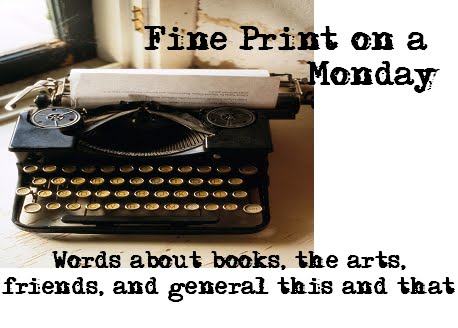This handy little tool has been making the FaceBook rounds for a while, and each time it pops up, I shake my head, smile a bit (or perhaps it's a grimace) wondering how many English teachers are, at that very moment, beating their heads on their desk, against a chalkboard or Smart board after once more failing to pound these words into confused students. I wouldn't say that I gave up on that goal while I was teaching, but rather embraced the idea that some kids were just never going to get it. After all, I have a math-proof head, so why it it not possible that there are native English speakers whose minds deem the memorization of rules governing an oft irrational language unimportant? Whether that decision was a conscious one doesn't matter. All that matters is that some people just aren't going to get it, evidenced by the FB chart above. And, that chart doesn't even begin to address the magnitude of complexities we face each day when it comes to written, oral, and non-verbal communication.
Some of you might be winding up for a hard toss saying, "Hey, I read your blog. If I were to keep track of your spelling errors, I would run out of fingers and toes." Maybe so, but the reality is that I type like a crazy woman, and hate proofreading. More than unit tests, my students feared that I might sit at my computer and type while they were were trying to develop a revolutionary new theory of the meaning of Beckett's Waiting for Godot. "How can we possibly focus with all that clicking going on?" they would protest. Must be my piano playing years that cause me to word process with a vengeance, and I do like the sound. It is the sound of industry - the sound of something coming into being that did not exist the moment before.
I am not a big Mark Twain fan; however his sardonic commentaries on language are fun. I especially like his wisdom on spelling
I don't see any use in having a uniform and arbitrary way of spelling words. We might as well make all clothing alike and cook all the same dishes. Sameness is tiresome; variety is pleasure. KOW spelled with large K is just as good as with a small c. It is better. It gives the imagination a broader field."
Amen brother. Methinks Twain would be OK w/txtng.
What am I reading? After the Brady Udall love fest, I have turned to lighter matters. I received an advance copy of a cozy mystery call Death of an Irish Diva. Wow! These cozies have little substance, and less craft. A book that should take me 45 minutes to breeze through is taking me twice that. The author is in love with pronouns and I have to keep checking three of four sentences back to see who the pronoun is referencing. But the Irish dance competition coach was found dead and the town ballet teacher is the prime suspect. Gotta get to the truth.
Thanks for stopping by.

